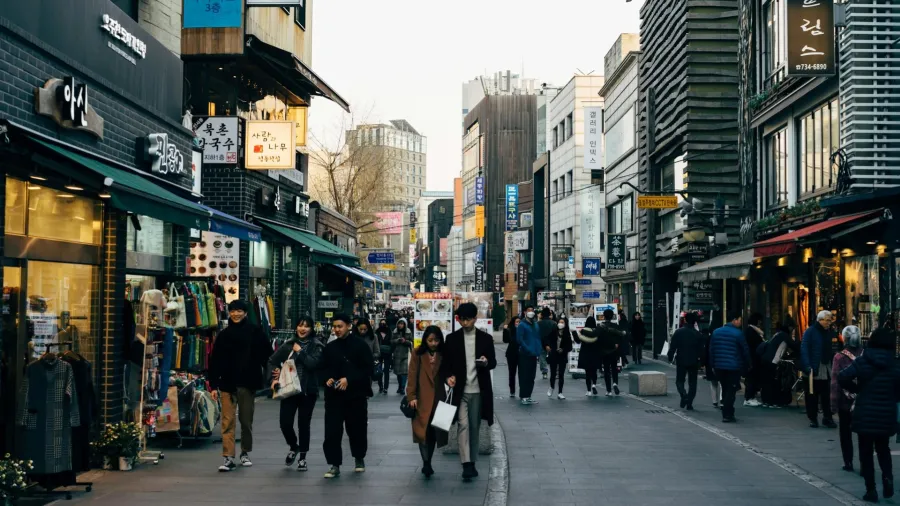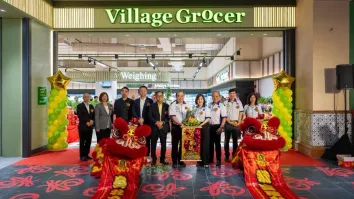
South Koreans cut back spending amidst political uncertainty
Generation MZ is now a major force in the consumer market.
South Korea’s political crisis is taking a toll on consumer confidence, reshaping spending habits across the country, according to a report by Canvas8.
The sudden declaration of martial law by President Yoon Suk-yeol in late 2024 has plunged the country into turmoil, sparking mass protests and sending shockwaves through financial markets, the report noted.
The resulting uncertainty has directly impacted consumer behavior, with many South Koreans, particularly younger generations, adopting a more cautious approach to spending.
Despite economic concerns, South Korea’s affinity for luxury goods remains resilient. The report noted the persistence of so-called "flex culture," where conspicuous consumption continues, even among those facing financial hardship.
“Though Korea may be a rich country, that wealth is not evenly distributed,” the report said. “Those over 60 hold nearly 40% of the country’s wealth, whilst only 12% of Millennials and Gen Z own homes.”
The generational divide in wealth and opportunity has brought Generation MZ—comprising Millennials (Gen Y) and Generation Z—into sharper focus as a key force in the consumer landscape.
Despite lower incomes and rising costs of living, they are driving cultural and economic trends. Many have turned to investing as a way to improve their financial situation, seeing it as one of the few paths to economic mobility. Long work hours and stagnant wages have made traditional routes to wealth, like homeownership, increasingly out of reach.
At the same time, health and wellness have become top priorities. The COVID-19 pandemic reshaped public attitudes toward health, prompting individuals to prioritise both physical and mental well-being.
“Korean society has long valued wellness, but people are prioritising healthiness more than ever post-pandemic,” the report said.
As a result, consumers are increasingly turning to e-commerce platforms to purchase health and wellness products.
Additionally, the market for fitness technology and virtual wellness services is booming, with more South Koreans seeking innovative ways to maintain a healthy lifestyle amid political and economic uncertainty.

















 Advertise
Advertise







